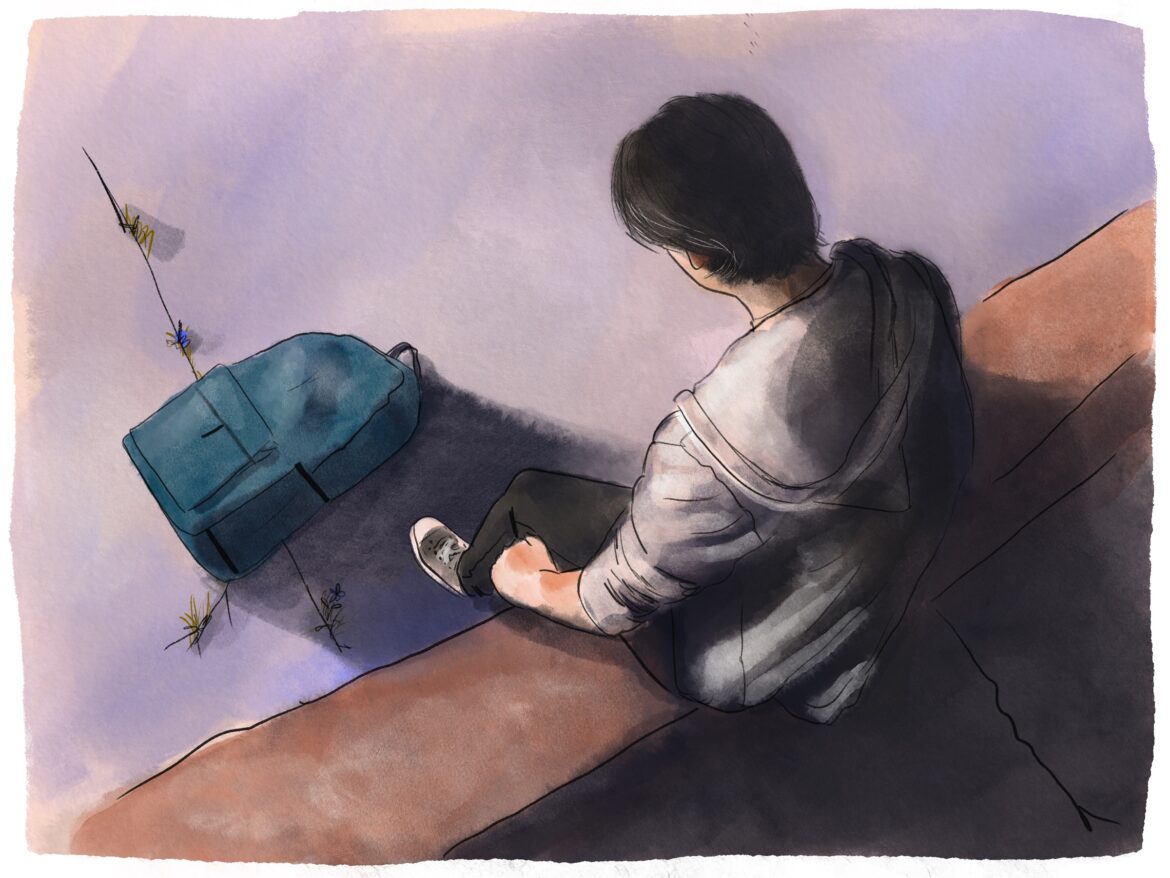New Mexico Attorney General Raúl Torrez is opening an investigation into disproportionately harsh punishment of Native American children by Gallup McKinley County Schools.
New Mexico In Depth and ProPublica reported in December that Native students are expelled from New Mexico public schools at a much higher rate than other children, and that Gallup McKinley, with the largest Native student population of any public school district in the U.S., is largely responsible.
The district, which includes large swaths of the Navajo Nation in northwestern New Mexico, enrolls a quarter of the state’s Native students but was responsible for at least three-quarters of Native expulsions, according to student discipline data. The district’s annual expulsion rate was 4.6 per 1,000 students, at least 10 times as high as the rest of the state during the four school years ending in 2020.
Superintendent Mike Hyatt disputed those findings, claiming his district misreported long-term suspensions to the state Public Education Department (PED) as expulsions. But Gallup McKinley’s rate of student removals from school for 90 days or longer, regardless of what those removals were called, remained far higher than the rest of the state, an analysis by the news outlets confirmed.
Gallup McKinley officials did not respond this week to questions about Torrez’s intention to investigate the district’s discipline disparities.
The Attorney General’s office has traditionally defended public bodies accused of wrongdoing, rather than investigate them. Torrez, who took office in January, expressed dismay that it’s taken this long for the Attorney General’s office to investigate agencies and school districts suspected of violating New Mexicans’ civil rights.
“It’s embarrassing, frankly, when I speak with colleagues from other states who have been doing this work since the 1970s,” Torrez said during an interview with New Mexico In Depth on Friday.
In March, state lawmakers passed a bill that would have enshrined a new Civil Rights Division in the Attorney General’s office. But Gov. Michelle Lujan Grisham didn’t sign the bill into law, noting that the agency already had the authority to pursue civil rights cases and that cabinet-level agencies can police themselves.
However, the legislation would have granted the attorney general authority to demand records from public bodies suspected of civil rights violations, which the agency does not have now. Without that authority, his investigators must get public bodies to cooperate and if they refuse, sue them in court and use the discovery process to obtain records — a much longer process. It’s unclear how long the Civil Rights Division’s investigation will take.
The governor’s office did not respond to questions for this story by the time of publication.
State public education officials in the past have emphasized that school districts, not the state, oversee student discipline policies.
In the case of school discipline at Gallup McKinley, the investigation will not be limited to expulsion and suspension rates, Torrez said. It will also look at how often the district refers students to law enforcement, for example. His office is seeking updated student discipline data from the state Public Education Department but for now is examining a PED dataset the news organizations obtained and published online, along with a detailed description of their data analysis. PED Acting Communications director Martha Pincoffs said Tuesday the department plans to share updated data with the AG’s office.
Torrez did not say when his office would notify Gallup McKinley of its investigation.
“Our hope is that they will voluntarily change these practices,” he said.
The new division currently has only two attorneys, though Torrez ultimately wants a staff of eight to 10 full-time employees working on civil rights, with a focus on children’s rights. He is currently looking for a division director.
“It’s probably going to take a year, at least” to staff up the Civil Rights Division, Torrez said. “We’re trying to build this the right way and find the right people.”
“It’s early days,” he said.
One of the two new division attorneys, Eli Fresquez III, will investigate the district’s discipline practices. (The other attorney, Katharine “Katie” Downey, will look into the rights of children in state custody who need specialized care for emotional, behavioral, or medical problems, called treatment foster care.) Fresquez was previously director of the Office of Children’s Rights at the state’s troubled Children, Youth & Families Department (CYFD), where he helped negotiate the “Kevin S.” settlement agreement for overhauling the state’s child welfare system.
The grandmother of one Navajo Gallup McKinley middle-school student whose suspensions and expulsion were described in New Mexico In Depth and ProPublica’s reporting said Monday afternoon that the division’s investigation was welcome news.
“I’m happy the attorney general is going to investigate what’s going on,” she said. “But I’m not too sure Gallup McKinley will be honest with them, though.” (New Mexico In Depth and ProPublica agreed to not name her or her grandson, for fear he would face retribution in school).
She also said she thinks Gallup McKinley should adopt talking circles used in other districts to keep students in classrooms when they misbehave, instead of kicking so many kids out of school.
“They need to get students together and get a counselor who can talk to the kids to find out what’s bothering them and why they were written up or suspended,” she said.
